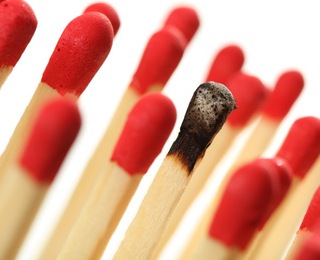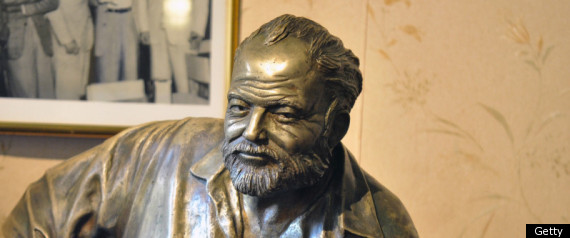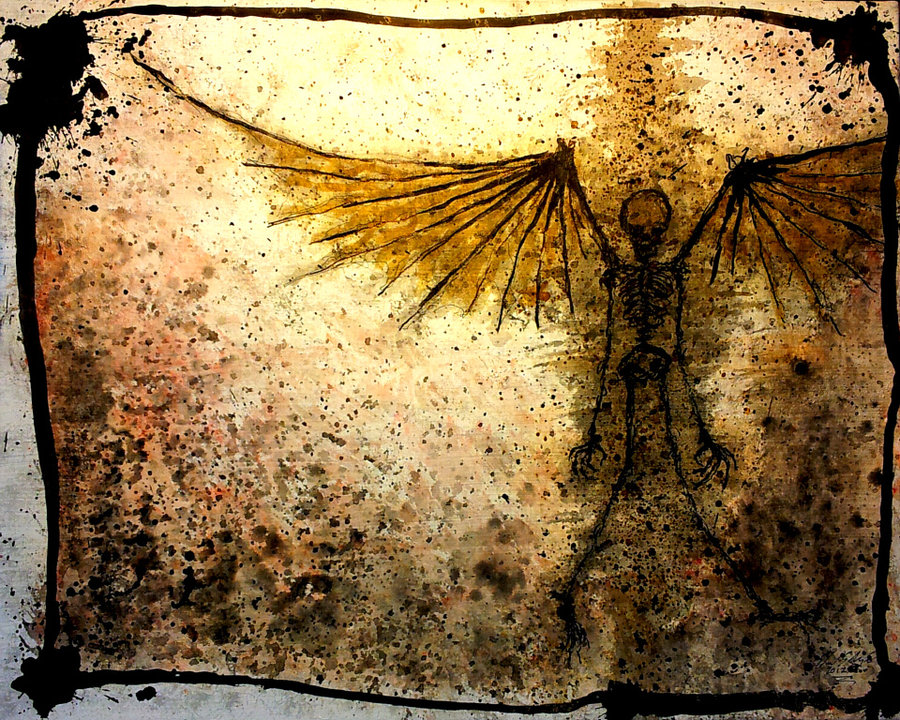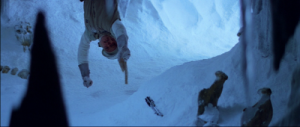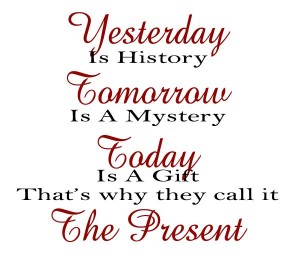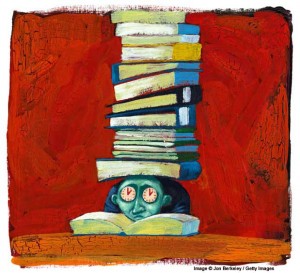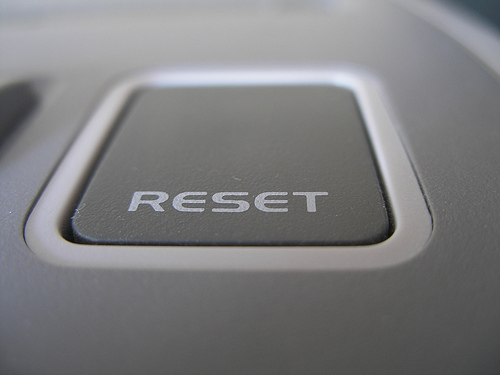PLATITUDE: A banal, trite, or stale remark —Merriam-Webster Collegiate Dictionary
CNN online has an article about “instant outrage,” something that has reached absurd levels in this age of social networking.
In such moments of outrage, we’re dropping platitudes all over the place. A good example came after the Sandy Hook massacre, when the debate about gun control was re-ignited. Those against more gun control trotted out the old, tired, “Guns don’t kill people. People kill people.”
Mood music:
[spotify:track:6vcqR6rCL2k4EDhqH8gzeO]
We’ve become addicted to platitudes. Platitudes about politics, religion, parenting, education and, most annoyingly, celebrities who show their humanity.
The political stuff has been loudest this past year because of the presidential election and President Obama winning a second term. My conservative friends litter Facebook with grand statements about how the president is a freedom-hating, baby-killing, money-stealing dictator. My liberal friends make big statements about Republicans as wealth-obsessed, war-obsessed, mean-spirited bastards who are happy to crash the nation’s economy in an act of spite.
Both sides overreact, but don’t ever try to tell them that. They’ll just drop more platitudes on you.
There are some well-meaning platitudes, and I appreciate the attempt at good feelings. But they still annoy.
For example, there are the countless sayings and cartoons about depression not being about weakness but about being strong for too long. My fight against my own depression and that of others is well known here, but really, people, is the overbearing mush really going to save any lives? I think not.
The same goes for the online platitudes comparing cancer patients to Klingon warriors defeating the evil disease in glorious battle. That one doesn’t bother me quite as much. If it gives the many cancer patients I know the moral boost to fight on, so be it.
Overall, though, the lack of restraint in the proclamations we make has become a problem. They make us feel better about ourselves, and thinking oneself better than others can lead to unfortunate side effects, like being an asshole.
If we don’t rein it in, evolution is going to retaliate by giving us new, larger mouths with larger tongues and teeth. In a few generations, we’ll all resemble Mr. Ed.
What I just said might be interpreted as a hatred of horses because of their big mouths. In no time, there will be pictures of me on the Internet killing horses and putting them in burgers.
It won’t ring true, but it’ll be re-posted often. Because in our addiction to platitudes, we won’t be able to help ourselves.


